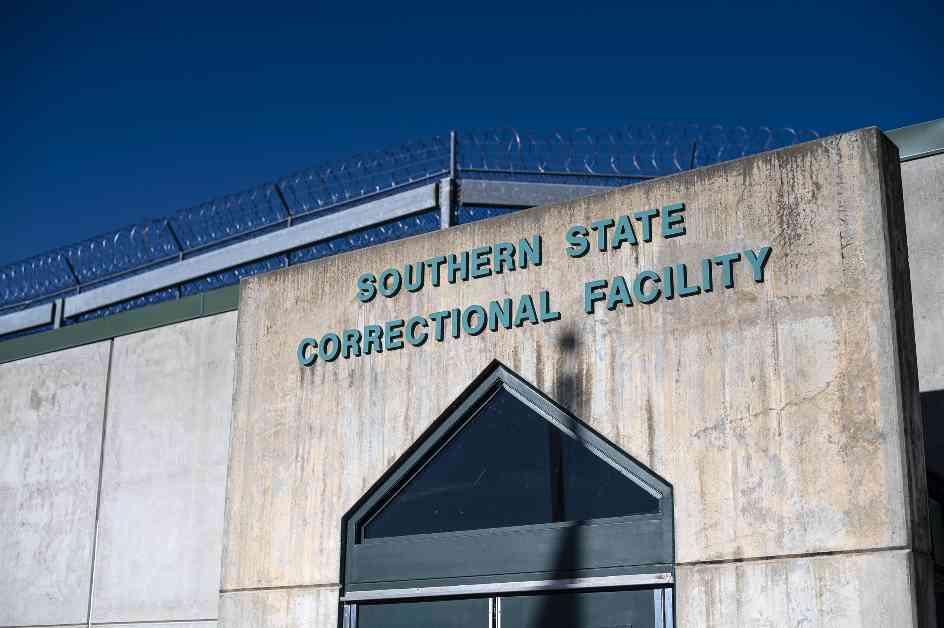The recent passing of Michael Myers, a 51-year-old inmate at the Southern State Correctional Facility in Springfield, has sparked concerns over the safety and well-being of incarcerated individuals. Myers, who had been expressing feelings of unwellness for several days, was found unresponsive by a Department of Corrections staff member on Monday morning. Despite immediate life-saving efforts by emergency medical services, Myers was pronounced dead at the facility.
This tragic incident marks the second death at the Springfield prison within a short period, following another death in late January. The Department of Corrections reported a total of 12 deaths in Vermont prisons in 2023, shedding light on a concerning trend of increasing mortality rates within correctional facilities across the United States.
A 2023 research paper highlighted the alarming rise in mortality rates in 450 U.S. jails between 2008 and 2019, painting a grim picture of the challenges faced by incarcerated individuals. With higher rates of chronic health issues and mortality among inmates, as documented in a 2021 review paper by the National Institutes of Health, the harsh reality of life behind bars is further underscored.
Michael Myers: A Troubled Past
Michael Myers, whose troubled history included convictions for aggravated assault, driving under the influence, possession of heroin, unlawful trespassing, and resisting arrest, had been in custody since 2016 for the stabbing of his then-19-year-old nephew. His criminal record painted a picture of a man grappling with personal demons and caught in a cycle of destructive behavior.
The Vermont Chief Medical Examiner’s Office is set to conduct an autopsy to determine the exact cause of Myers’s death, although foul play is not currently suspected. The Vermont State Police have assured the public that their investigation into this tragic event is ongoing, with updates to be shared as new information becomes available.
Addressing the Crisis
As the spotlight shines on the Southern State Correctional Facility and prisons nationwide, it becomes increasingly clear that urgent action is needed to address the growing crisis of inmate mortality. With each year spent behind bars corresponding to a two-year decline in life expectancy, the harsh realities of incarceration take a toll on the health and well-being of individuals like Michael Myers.
Experts and advocates alike have long sounded the alarm on the pressing need for comprehensive reforms within the criminal justice system to ensure the safety and welfare of incarcerated individuals. From addressing inadequate healthcare services to implementing mental health support programs, there is a collective call for change to prevent further tragedies like the loss of Michael Myers.
In the wake of Myers’s passing, the community mourns the loss of a life cut short by circumstances beyond his control. As we reflect on the human cost of incarceration, may his memory serve as a reminder of the urgent need for compassion, understanding, and meaningful reform within our correctional institutions. The road ahead may be challenging, but with a shared commitment to justice and humanity, we can strive to create a system that upholds the dignity and rights of all individuals, both behind bars and beyond.









